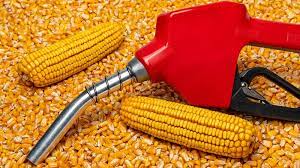
This course provides a comprehensive exploration of biomass, bioenergy, and bio-refinery concepts within the framework of the circular economy. Students will delve into the properties, types, and energy potential of various biomass sources, including lignocellulosic materials, starchy and sugary biomass, oilseeds, sewage sludge, and manure.
Key focus areas include the molecular and chemical composition of biomass, its energy properties, and the different biomass typologies. The course covers a broad spectrum of biofuel types—liquid (biodiesel, bioethanol), gaseous (syngas, biogas), and solid (charcoal, biochar).
Students will explore different methods of biomass conversion, including:
- Physical Conversion: Techniques such as dewatering, drying, size reduction, steam explosion, densification, pelleting, and oil extraction.
- Chemical Conversion: Processes like oil trans-esterification for biodiesel production and hydrolysis.
- Biochemical Conversion: Anaerobic digestion for biogas production and fermentation for bioethanol production.
- Thermochemical Conversion: Advanced methods like pyrolysis and gasification.
In addition, the course covers fundamental concepts in reaction stoichiometry, kinetics, and thermodynamics, along with reactor design and process analysis.
- Teacher: John Vershima Anyam
